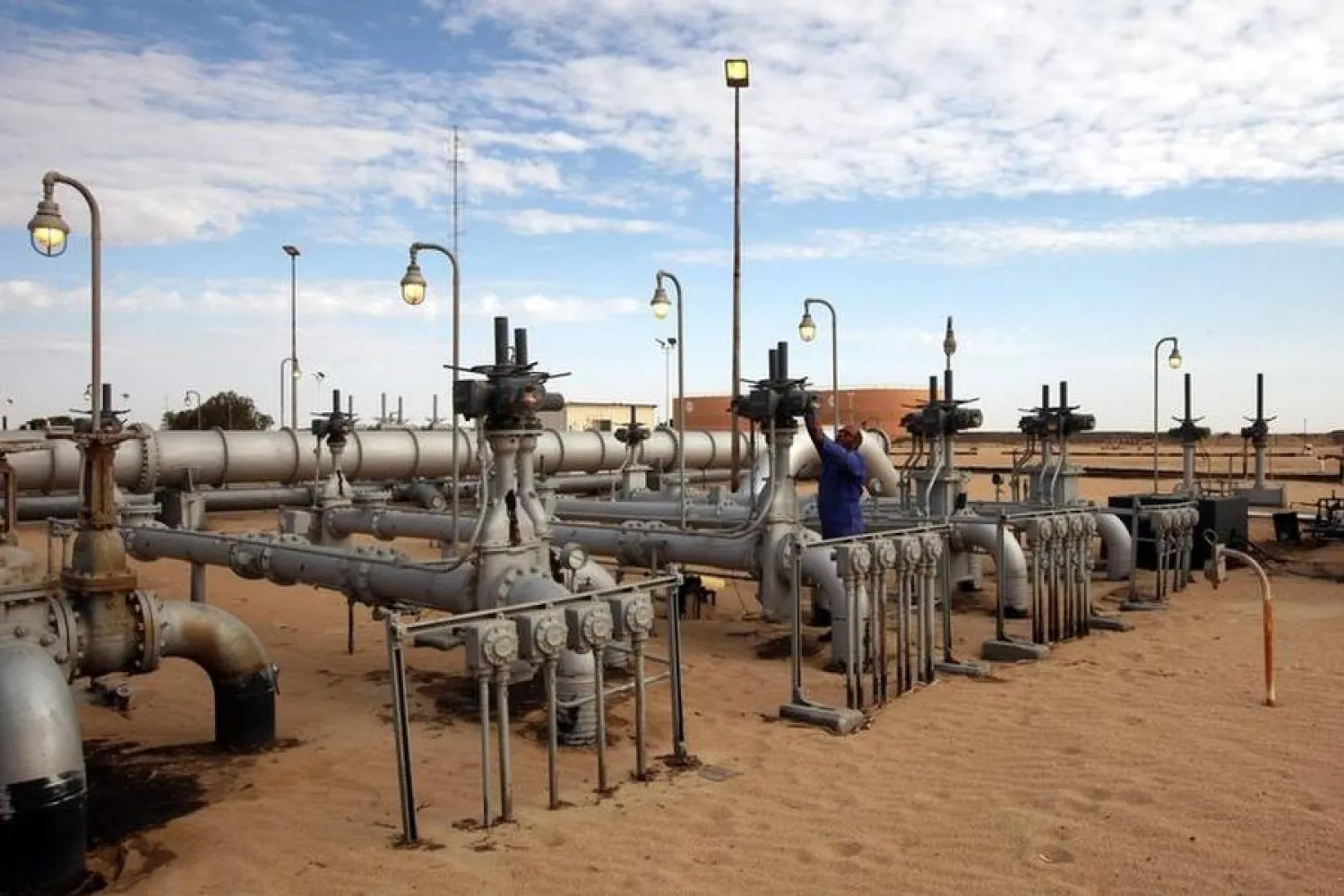Minister of Petroleum Tarek al-Mulla signed three new agreements for oil and gas exploration in the Western Desert of Egypt with the Egyptian General Petroleum Corporation and the American companies Apache and Merlon.
The deals include a minimum investment of about $79 million, and grant of $41 million for drilling 17 new oil and gas wells.
The agreements were signed by the head of EGPC Abed Ezz El Regal; the Vice President and General Manager of Apache Egypt, David Che, and Director of Merlon Maged Abdel Halim.
A statement issued by the ministry said that the first and second agreements were signed with Apache in the concession area northwest of Razak in the Western Desert with investments of about $61 million, and the concession area south of al-Shawish in the Western Desert with investments of $12 million, while the third agreement with Merlon Company in the Fayoum concession in Western Desert with investments of about $6 million.
After signing the deals, Mulla said that the ministry’s strategy aims to attract more foreign investments in the field of oil and gas exploration, which will contribute to exploiting the oil and gas potential of several regions in the country.
The minister pointed out that Egypt witnessed a large flow of investment from international oil companies in the wake of the June 30 revolution. Investors sought work in Egypt through new agreements or promotional investment projects of discovered fields, which led to important and promising discoveries especially in the Mediterranean region.
Mulla said that the oil sector succeeded in finishing 79 new agreements for oil and gas exploration, with investments of about $15.3 billion minimum. He stressed that the oil sector prioritized expediting agreement procedures and concluding them for speedy implementation. This objective is part of the oil sector development and modernization project.
He added that American companies are an important partner and a key player in the production of oil and gas in Egypt and that the Western Desert region is one of the most important areas of interest to US companies, which contributed to the continued outstanding results for oil activity in that region.
It is worth noting that Apache has already allocated $1 billion in investments during the last fiscal year 2016-2017, the minister said during a meeting with a company delegation in April 2016. This increases Apache's total investments during its work in Egypt until the end of 2016 to more than $12 billion in 23 franchises, of which 20 are productive areas.
Merlon has been operating in Egypt since the early 1980s. All the company's oil and gas assets are currently located in the Fayoum concession area in Western Sahara.









